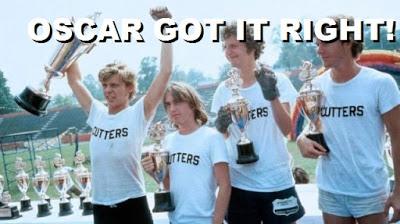Burt Lancaster: Birdman of Alcatraz
Jack Lemmon: Days of Wine and Roses
Marcello Mastroianni: Divorce, Italian Style
Peter O’Toole: Lawrence of Arabia
Gregory Peck: To Kill a Mockingbird (winner)
What’s Missing
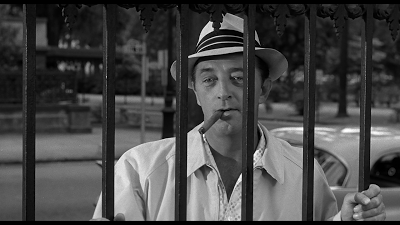
As is often the case with all of these awards, the 1962 Best Actor nominees could stand a lot of improvement. When I look at the nominees that we’re given, I see two clear choices despite some good performances all around. Still, this could be a better race. Frank Sinatra in The Manchurian Candidate would be an interesting addition here. So would James Stewart in The Man Who Shot Liberty Valance. I don’t think I would include Brando’s turn in Mutiny on the Bounty, but I think that’s one that could be argued, a position I also hold with Montgomery Clift and Freud. Robert Preston’s work in The Music Man is one that I think I might argue, even if he’d be right on the edge. As for James Mason in Lolita, as much as I love Mason, I think we’re better off without him. If we can agree that Robert Mitchum was in a leading role in Cape Fear, he’s the addition I’d most want to make, but he might be more supporting.
Weeding through the Nominees
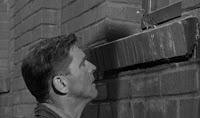
5. I’m dropping Burt Lancaster and The Birdman of Alcatraz first. I don’t dislike the film and I am a huge fan of Lancaster, but there’s nothing particularly exceptional here. This is Lancaster being Lancaster, and while the performance is a good one, I’d much rather see someone else take this nomination for work that is above and beyond the expected. Were this year to be completely redone, I don’t think he gets close to a nomination unless we expand the field dramatically.
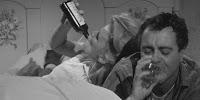
4. The performances in Days of Wine and Roses are good across the board. This is a case where it feels like Lemmon was nominated because of the role and not because of the performance, though. Anyone who could have reasonably done this role probably would have earned the nomination because of what the role is. Lemmon could be a tremendous actor and could make a role his completely. I don’t think he did that here—he just played the role he was given very well.
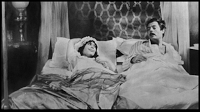
3. It feels like I’m going in alphabetical order here, and I kind of am. In a different year, Mastroianni would have a much better chance of moving to a better position with this performance, because it’s a hell of a good one. His problem, and the problem for Divorce, Italian Style is that there were two monster performances from actors in 1962 with which he simply can’t compete. That’s not a knock on him, his performance, or the film. It’s simply that it wasn’t his year.
My Choices
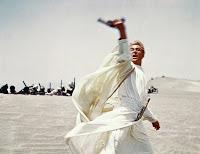
2. I’m calling this year essentially a tie, and my rule has always been that the tie goes to the Academy. This is the only reason that I’m putting Lawrence of Arabia and Peter O’Toole second. This is a rare instance where I think the Academy would have been justified in declaring a tie and giving out two Oscars. O’Toole is magnificent in this, and I don’t know if anyone else could do the role even half as well as he did. This is a defining moment in film and in his career, and it’s magic.
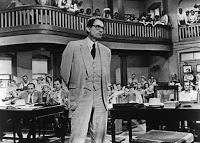
1. Everything I just said about Peter O’Toole is equally true of the actual winner Gregory Peck. Peck’s work in To Kill a Mockingbird is one of the most iconic roles and performances of its decade. Peck is perfect in this; his Atticus Finch is fatherly, warm, and forthright, sad and wonderful. It is one of the truly great performances not merely of its decade, but in film history. It’s a perfect combination of the right writing, the right role, and the right actor coming together to make something that should have been great one of the greatest things done in film. As much as I love Peter O’Toole, I won’t strip Peck of something he rightly earned.
Final Analysis
